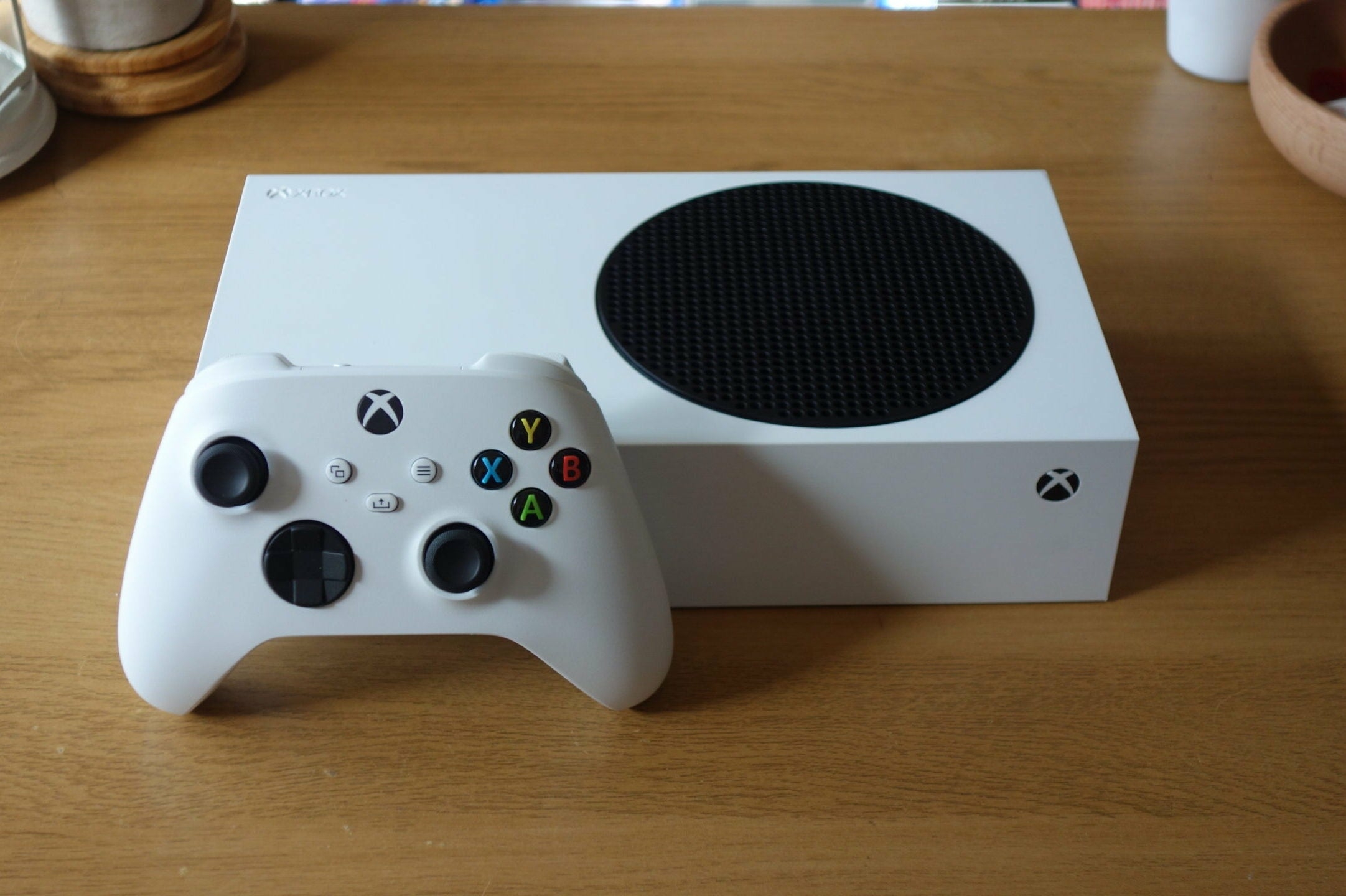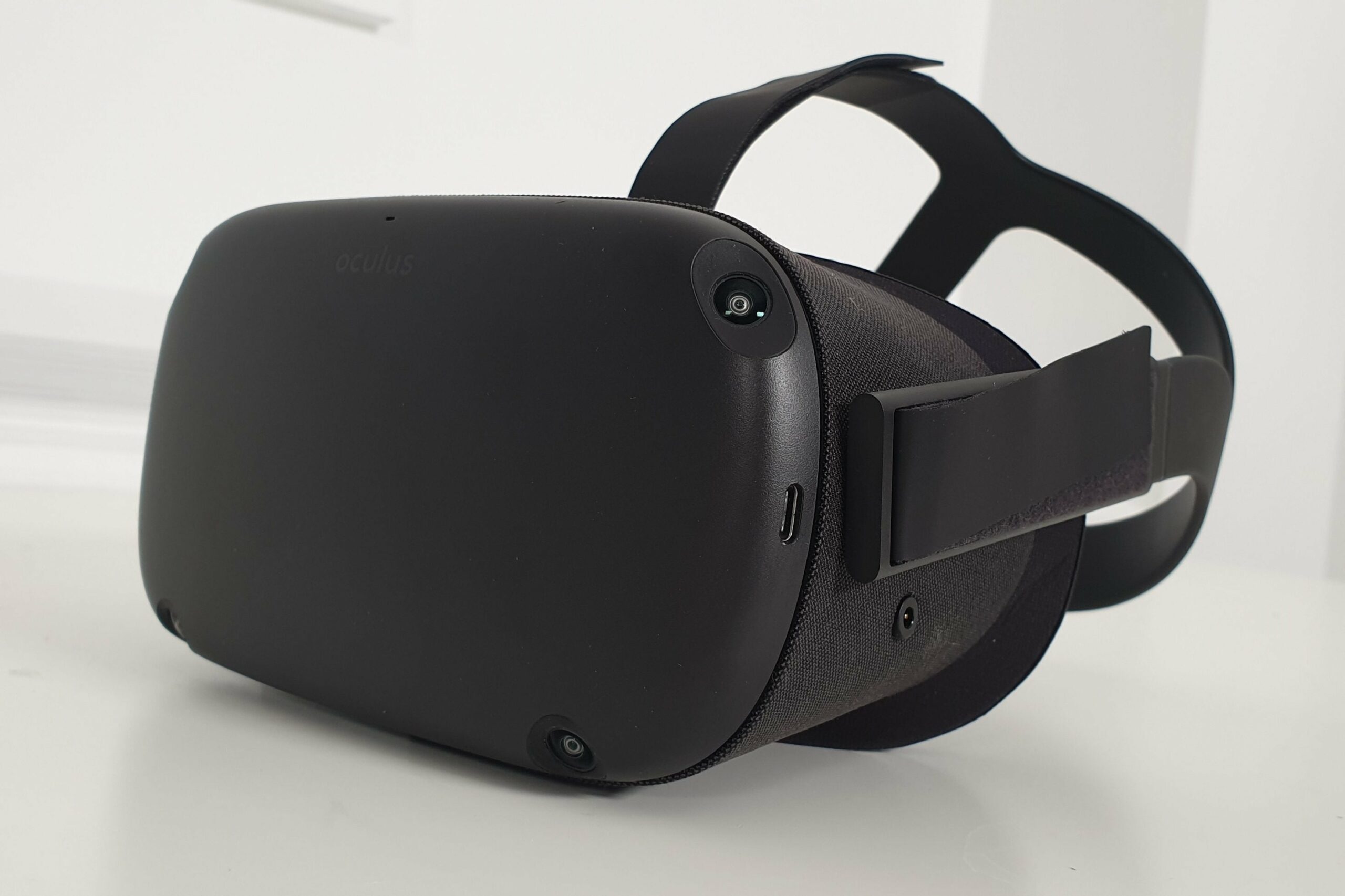However, in the months since, the halo of the industry has lost some of its luster.
Microsoft and Sony reported earnings last week that point to undeniable softness in the sector — at least in the short term — after the pandemic-fueled boom of the previous two years. The results echo recent reports revealing a slowdown in video game spending and engagement in the first half of 2022, potentially putting the industry on track for a rare year of contraction.
The recent half-awareness has Wall Street very little on edge about the industry’s immediate outlook — even if it remains bullish on the long-term outlook.
Xbox parent Microsoft said Wednesday that its gaming revenue fell 7% year-on-year in the latest quarter, or 5% in constant currency, as hardware sales slowed and gamers spent less time online. By comparison, Microsoft’s gaming revenue grew 6% year-over-year in the previous quarter, or 8% in constant currency.
Results were even bleaker on Friday night for PlayStation parent Sony, with the Japanese giant reporting a 12% year-over-year quarterly decline in games and network services revenue and a 31% drop in the unit’s operating income. Sony CFO Hiroki Totoki said gamers spent 15% less time on PlayStation products in the quarter than a year earlier – “a much lower level of engagement than we expected in our previous forecast”.
Sony shares fell as much as 7% on the Tokyo Stock Exchange on Monday, although they recovered to close down just 3%.
Several other video game companies are scheduled to report earnings in the next 10 days, including Activision Blizzard (after the bell Monday), Electronic Arts (Tuesday), Nintendo (Wednesday) and Take-Two Interactive (Aug. 8).
Video game executives are hoping that the second-quarter sluggishness was due to an unfortunate combination of transient events, including: a post-pandemic return to out-of-home activities; the lack of highly anticipated title releases over the past few months; withdrawal of consumer spending due to high inflation rates; and supply chain disruptions in console production.
Industry analysts, however, expect the slowdown to extend a little longer.
Forecasters at Ampere Analysis predicted in early July that global gaming revenue would fall 1% this year, proving “the idea that the gaming market is ‘recession-proof’ is a fallacy”.
Mat Piscatella, video game industry analyst at market research firm NPD, predicts that spending on video games in the US will fall 9% this year after growing 40% between 2019 and 2021.
“There are many known unknowns when trying to predict what’s next, and the list of unknown unknowns could be more extensive,” Piscatella wrote. “In the short term, this means likely downside, uncertainty and turbulence.” While in the longer term, the outlook for growth in the video game space remains as strong as ever.”
Wall Street and gaming executives agree with Piscatella’s optimism.
Consolidation of the industry’s big players should accelerate the shift to cloud gaming and Netflix-like subscription services, a potential boon for companies like Microsoft and Sony. And while mobile gaming continues to eat up market share, there’s plenty of revenue to be had. PwC predicts that global revenue from console games will grow by 20% between 2022 and 2026, eventually reaching $42.2 billion, as younger generations continue to gravitate towards the space.
“For the medium and long-term growth and trends, for now, we have no serious concerns,” Totoki said.
So while gamers may be hitting pause for now, it’s certainly nothing close to over for the industry.
Would you like to submit feedback or suggestions for the Datasheet? Contact me here.
NEWSWORTHY

Big Tech scores a victory. A major antitrust bill opposed by Amazon, Alphabet and other dominant tech companies won’t get a vote in the Senate this week, casting doubt on its long-term prospects, Axios reports. This may interest you : Children returning to youth sports at NRV. U.S. Sen. Amy Klobuchar, Democrat of Minnesota and lead sponsor of the American Internet Innovation and Choice Act, said Saturday that her bill is on the back burner in Congress amid legislative wrangling over a last-minute spending and tax deal reached last week. The world’s biggest tech companies lobbied against the law, which would have banned companies from favoring their products on the digital platforms they operate on, among other provisions.
Welcome the revision? Chinese technology conglomerate Alibaba said Monday it will “seek to maintain its listing status” on the New York Stock Exchange after U.S. regulators took an early step toward a possible delisting of the firm, Barron’s reported. The comment came after Alibaba was added to the Securities and Exchange Commission’s list of companies threatened with delisting over concerns about compliance with audit requirements on Friday. Alibaba’s share price fell 11% on Friday and another 1% in mid-day trading on Monday.
Break out the suggestion box. Alphabet CEO Sundar Pichai told Google employees last week that the company has “real concerns that our overall productivity is not where it needs to be” relative to the size of the workforce, CNBC reported Sunday. The comments came as Alphabet launched an efficiency effort called the Simplicity Sprint, which involves crowdsourcing ideas to bring better products to market faster. Pichai announced in mid-July that Google would slow its pace of hiring and investment through 2023, citing global economic uncertainty.
Back with the SPAC. Storage technology and infrastructure firm W3BCLOUD announced on Monday that it plans to go public through blank checks that will value the company at $1.25 billion, Reuters reported. W3BCLOUD, which offers its products and services to companies building the foundations of so-called Web3 technology, is a joint venture between chipmaker AMD and blockchain developer ConsenSys. The special agreement to buy the company follows a sharp decline in black market deals over the past few months, as investors gravitate toward more established, profitable firms.
FOOD FOR THOUGHT

The worst is yet to come? The major stock indexes may be bottoming out, but the pain in venture capital is likely just beginning. The Financial Times reported that some VC firms believe the industry is still stuck in a state of semi-denial, failing to fully grasp the imminent attack. Read also : The high roles of health care: as the pandemic wreaked havoc, CEO revenues increased. Although several companies saw valuation cuts and share prices fell, particularly in the fintech and blockchain sectors, a prolonged economic downturn could spell serious trouble for companies that have benefited from the massive influx of venture capital in 2021.
Venture capital’s delayed date with reality, when it comes, will be a watershed moment for the startup world. Investors of all stripes have scoured the VC club world in recent years in search of companies that promise higher growth rates than those available on the public stock market.
Much of that investment poured in last year, as private start-up valuations peaked. Hedge funds, private equity firms, sovereign wealth funds, corporate equity funds and mutual funds in between provided two-thirds of the money invested in venture capital globally last year, according to data provider PitchBook.
If those bets go wrong, it could lead to the withdrawal of many newcomers attracted to risky investing. And that in turn could come as a shock to the tech start-up world, which has become accustomed to ever-increasing amounts of capital.
IN CASE YOU MISSED IT

Ethereum options surge points to ‘turnaround’, but overtaking Bitcoin is likely still a long way off, Taylor Locke See the article : Broncos was nominated as a finalist for ESPN’s Sports Humanitarian Team of the Year 2022.
North Korean scammers suspected of copying people’s profiles on LinkedIn and Indeed in an attempt to land jobs at US crypto firms, by Chloe Taylor
‘Everything Facebook creates now will screw up’: Ethereum creator pours cold water on Zuckerberg’s Web3 dreams by Christiaan Hetzner
Ethereum ‘merger’ is coming: What competitors Solana, Avalanche and Tezos think about the upgrade, by Taylor Locke
Welshman who accidentally dumped 8,000 bitcoins in 2013 is preparing an $11 million campaign to get them back, by Chris Morris
Google’s AI chatbot – intelligent and akin to “a kid who happened to know physics” – is also racist and biased, claims fired engineer Erin Prater
We can have effective crypto regulation without stifling innovation. Here’s how, from Matt Van Buskirk
BEFORE YOU GO

Gone in an instant. The company tied to the fastest man in the world has left town. TechCrunch reported Sunday that Bolt Mobility, the micromobility startup co-founded by Jamaican sprinter and Olympic gold medalist Usain Bolt, has exited operations in at least five U.S. cities and gone offline. Public officials in several cities said Bolt left behind hundreds of e-bikes and other equipment after a short-lived venture into their neighborhoods, with little more than a perfunctory announcement of his retirement. TechCrunch was also unable to track down anyone from the company, which is said to have raised more than $40 million in funding. Bolt’s social media presence has also gone dark since mid-June, suggesting the once-promising startup has run its last race.
This is the web version of Data Sheet, the daily newsletter on the business of technology. Sign up to have it delivered to your inbox for free.

